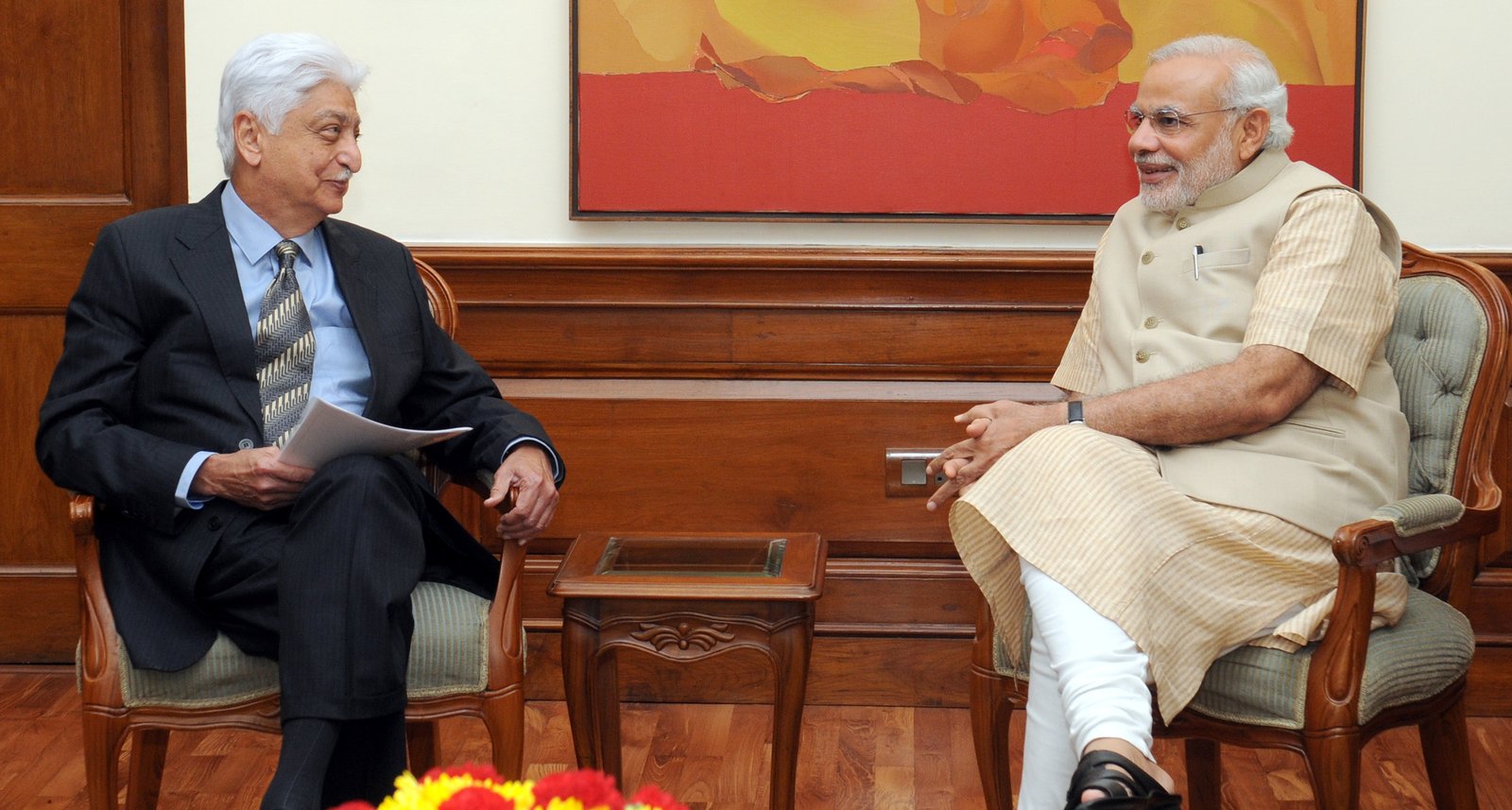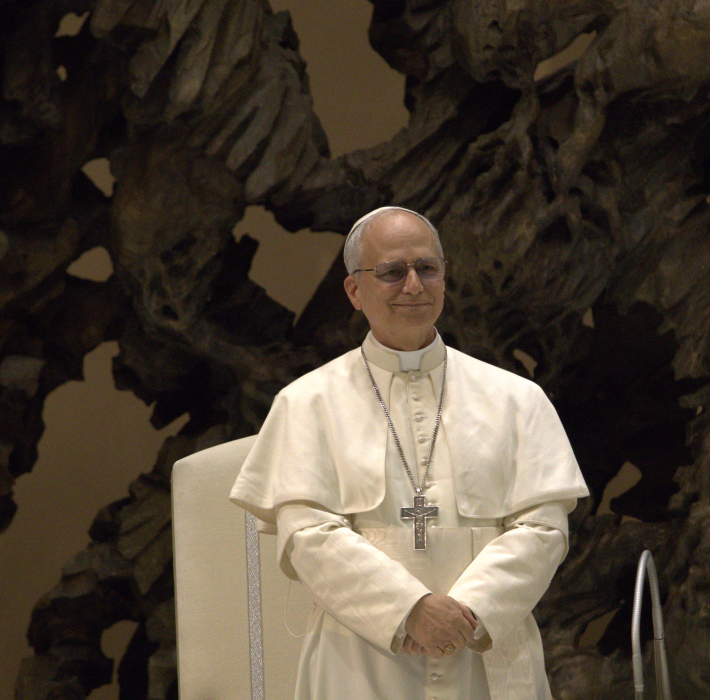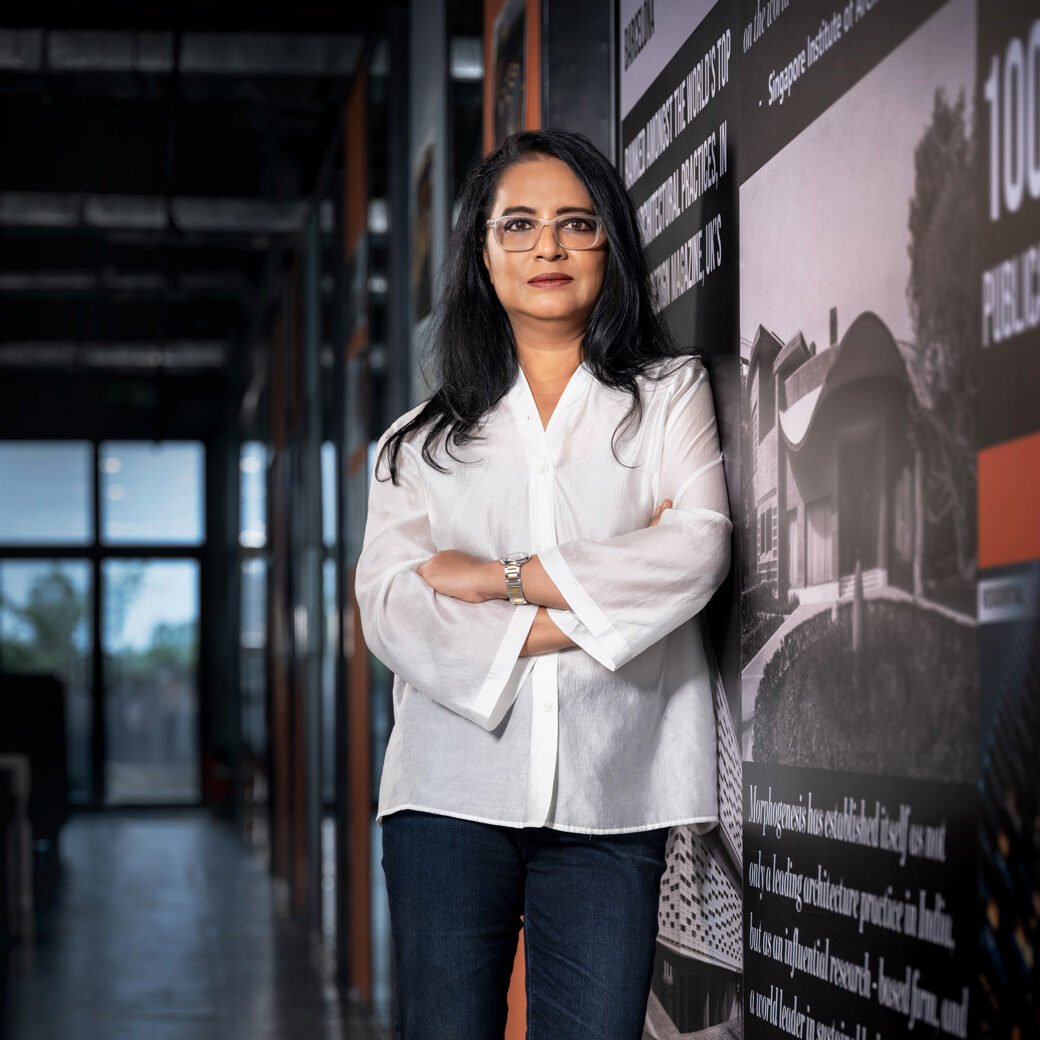Immensely successful in creating the multinational technology and IT consulting services company – Wipro, Azim Premji’s greatest legacy is his astounding philanthropy.
By Nichola Marie
There is more to Padma Vibhushan Azim Premji than being amongst the world’s wealthiest; as of November 2023, the net worth of the Founder, Wipro Ltd, was $11.4 billion. Business entrepreneur and Chairman of Wipro till he stepped down in 2019 with son Rishad Premji taking over, he has the far larger honour of being one of the world’s most generous billionaires, having given away a colossal $21 billion to his charitable nonprofit – the Azim Premji Foundation. And he is in no mood to stop. The Edelgive Hurun India Philanthropy List 2023 released this November for the financial year 2023, saw Premji donate ₹1,774 cr toward arts, culture and education.

Importantly, Premji is no ‘accidental philanthropist’; he has used the same foresight, passion and preparation to steer his charitable works that he had employed to guide Wipro Limited through four decades of diversification and growth to emerge as a world leader in the software industry. His desire to give back to society was sparked by his mother, Gulbanoo M H Hasham Premji’s spirit. A trained doctor who spent a lifetime helping set up a children’s orthopaedic hospital at Haji Ali in Bombay, she served as the Chairperson of Wipro after the death of her husband in August 1966. He was also led by Mahatma Gandhi’s idea of trusteeship of wealth. Refusing to merely write out conscience-appeasing cheques, his idea of setting up a charitable foundation in 2001 had taken many months of careful planning and exhaustive discussions with executives who would be running it. Primary education was chosen as the Foundation’s focus of work as it significantly impacts other issues in the country.

Over the past years, Premji, known for his austere lifestyle and severe business style (he reportedly even worries about the money spent on tissue paper in the company’s bathrooms), has irrevocably donated most of his wealth for philanthropic purposes and created a philanthropic endowment valued (as of January 2023) at approximately $29 billion (₹2,40,000 crore) — among the largest endowments across the world — to fund the work of the Foundation. As part of this endowment, along with other assets, a whopping 66% of the economic ownership of Wipro Ltd is with the Foundation. This leaves Premji’s wife Yasmeen Premji, and two sons, Rishad and Tariq, with monetary gains from only 7% of their equity in Wipro!

Focused on India, the Foundation strives to contribute towards a more just, equitable, humane and sustainable society. It works to improve the quality of elementary education in rural regions throughout India. By the end of the first decade of the 21st century, the Foundation had extended computer-aided education to more than 16,000 schools, with child-friendly content increasingly available in local languages.
The Man Behind It All

He was born on 24 July 1945 in erstwhile Bombay; the very same year, his father Muhammad Hashim Premji founded Western Indian Vegetable Products Ltd. The company produced the popular hydrogenated shortening vanaspati. When colonial India was soon partitioned into largely Hindu India and Muslim Pakistan, the Premjis, a Muslim family, decided not to migrate, choosing to stay in India. Studying engineering at Stanford University, Premji was set to complete his degree when, in 1966, his father passed away suddenly. Putting his graduation on hold, he returned to India to manage the family business. Soon, he began diversifying into consumer products such as soap, shoes, and lightbulbs, as well as hydraulic cylinders. He also renamed the company Wipro in 1977. Wipro’s fortunes soared post 1979 when IBM was asked by the Indian Government to leave the country. Steering the company towards the computer industry, Wipro, under Premji’s guidance, established several successful international partnerships in the 1980s to help it build computer hardware for sale in India. The firm was to become truly lucrative, however, via software development. Hiring the best people and providing them with unparalleled training, Premji employed India’s vast reserves of well-educated software developers who were willing to work for far less than their American counterparts.

The company concentrated on developing custom software for export, mainly to the United States. In the late 1990s, Wipro’s value zoomed due to the huge boom in technology stocks. It made Premji one of the richest entrepreneurs in the world. In addition to outside forces that swelled the company’s value, credit for its success was largely due to Premji’s own entrepreneurship. At a time when most fortunes in India were built on ownership of land and factories used to produce domestically consumed goods, Premji boldly broke with tradition. He transformed Wipro into an information technology powerhouse with a firm footing in foreign markets. To Premji goes the credit for growing Wipro from a company with just $2 million in sales in 1966 into an $11 billion giant corporation selling software services to the world and consumer products to Indian customers.
Known to be in perennial learning mode, Premji is also a highly ethical entrepreneur, with his operation serving as a model for other Indian firms. Despite his vast personal wealth, the intensely private Premji continues to stand out for his modesty, lack of extravagance, and charity

Not surprisingly, in 1999, he would officially complete his degree from Stanford through a distance-learning arrangement. Half-done is simply not a word in Mr Premji’s handbook of life.
The Azim Premji Foundation
A few highlights…
The Foundation works to improve the school education system in India, with a focus on the more disadvantaged areas of the country. The work ranges from teacher capacity development and leadership development, to matters of policy and curriculum. Its field institutions are spread across seven states with over 3,50,000 schools. The Foundation also runs nine schools that strive to provide quality education with an emphasis on instilling constitutional values. The Foundation’s own team of 1,500 people is spread across 250 locations. The Foundation also runs 270 Teacher Learning Centres. This deep institutional presence is now being leveraged by the Foundation to start work on health and livelihoods.

The Foundation supports, with multi-year financial and corpus grants, over 550 other not-for-profit organisations across the country, which do deep ‘on-the-ground’ work across a range of issues – supporting people who are severely disadvantaged and marginalised with immediate care, access to essential services and the possibility of a dignified future.
The Foundation is building a network of universities to contribute to capacity development and research for the social sector. The first Azim Premji University was set up in Bengaluru in 2010. Today it operates from a 110-acre campus. The second one, i.e., Azim Premji University, Bhopal, is now operational. The work on the third University in Ranchi is currently underway. The mandate is to run teaching programmes and conduct research to contribute to the social sector in India, and to be an exemplary higher education institution – with inclusion and quality. Entirely philanthropic, currently, 89% of the university expenditure is borne by the Foundation.

The Foundation operates as an integrated organisation, with the field institutions, philanthropy, and universities as the three operating units working seamlessly together in a complementary manner. The Foundation is also collaborating with multiple partners, such as hospitals and NGOs, to make healthcare accessible to vulnerable communities and to improve community health. It is also initiating new projects across multiple states in collaboration with the governments to strengthen the nutritional content of midday meals for children in government schools, run creches for infants and children below the age of three in some of the remotest geographies, and support through the government education system the improvement in the quality of learning in madrasas.











